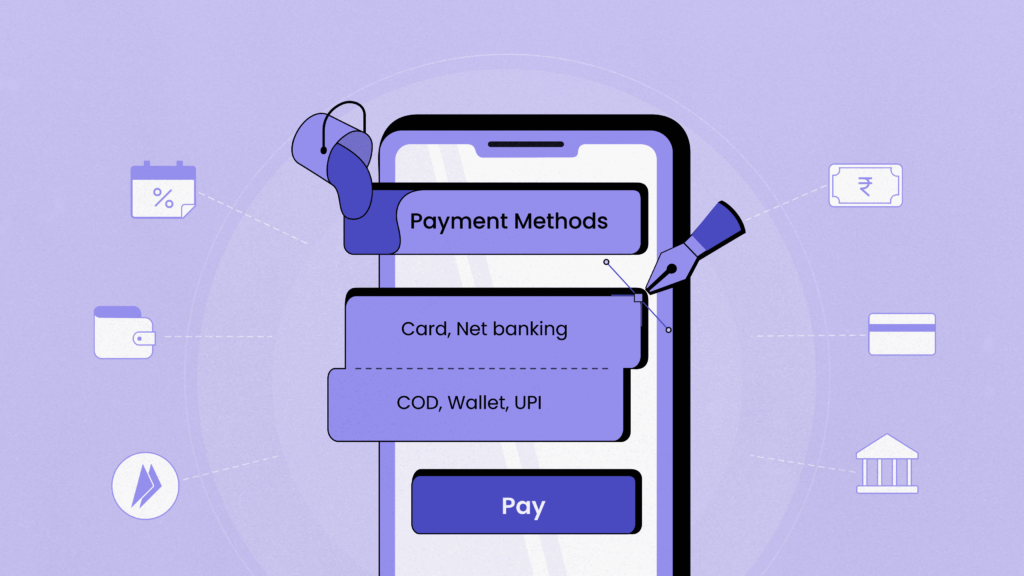In the modern world of e-commerce and online payments, ensuring secure, reliable, and fast transactions is critical for any business. One of the solutions that helps achieve these goals is the white label payment gateway. In this article, we will delve into what a white label payment gateway is, how it works, its benefits, and why more and more companies are turning to this solution.
What is a White Label Payment Gateway?
A white label payment gateway is a payment gateway that is developed and maintained by a third-party company but can be branded under the name of another business. This allows companies to offer their customers the ability to make payments under their own brand without spending time and resources on developing and maintaining their own payment solution. Additionally, when comparing the functionalities of a payment processor vs payment gateway, it is essential to understand that the former handles the transaction’s authorization and fund transfer. At the same time, the latter facilitates the transaction between the merchant and the processor.
How Does a White Label Payment Gateway Work?
- Integration: A company wishing to use a white label payment gateway integrates this solution into its website or mobile app. Integration can include API requests, SDKs (Software Development Kits), or ready-made plugins for popular e-commerce platforms.
- Branding: After integration, the company customises the payment gateway to reflect its brand. This may include changing the logo, colour scheme, interface design, and other branding elements.
- Transactions: When customers make purchases on the company’s website or app, they use the payment gateway that appears as part of the business. However, all transactions are processed by the third-party provider.
- Support: Technical support and maintenance are provided by the third-party company that offers the white label solution.
Benefits of a White Label Payment Gateway
- Quick Market Entry: Developing a proprietary payment gateway can be costly and time-consuming. Using a white label solution allows for a swift launch of a payment system under the company’s own brand.
- Cost Reduction: Developing and maintaining a payment gateway requires significant investment. A white label solution helps reduce these costs, as the company only pays for using the ready-made product.
- Flexibility and Customisation: Companies can customise white label payment gateways according to their needs and requirements, ensuring a unique user experience.
- Security and Compliance: Providers of white label payment solutions usually ensure a high level of security and compliance with international standards, such as PCI DSS (Payment Card Industry Data Security Standard).
- Focus on Core Business: Using a ready-made solution allows companies to focus on their core business, leaving the technical aspects of payment processing to professionals.
- Proven Software Options: Instead of building from the ground up, businesses can rely on trusted white-label payment gateway software like Spell, which delivers flexibility, security, and scalability in one package.
Challenges and Risks
Despite numerous advantages, using a white label payment gateway also comes with its challenges and risks:
- Dependency on Third-Party Provider: The company depends on the reliability and stability of the payment gateway provider. Any issues with the provider can impact the business.
- Limited Flexibility: While white label solutions allow for some level of customisation, they may be less flexible compared to proprietary developments.
- Security Concerns: Although providers ensure a high level of security, the company must carefully choose the provider and implement additional security measures to protect customer data.
Conclusion
A white label payment gateway is a powerful solution for companies wishing to quickly and efficiently implement their own branded payment gateway. This solution helps reduce costs, speed up market entry, and ensure a high level of transaction security. However, companies must carefully choose their provider and consider the potential risks and challenges associated with using third-party payment solutions.
White label payment gateways continue to evolve, offering new features and capabilities, making them an attractive choice for businesses of all sizes in today’s digital commerce world.



